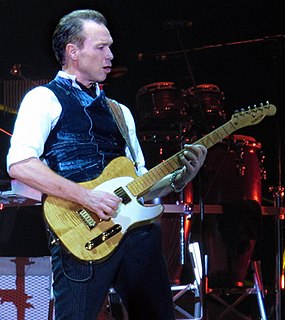A Quote by George William Curtis
Romance like a ghost escapes touching; it is always where you are not, not where you are. The interview or conversation was prose at the time, but it is poetry in the memory.
Related Quotes
Poetry has an indirect way of hinting at things. Poetry is feminine. Prose is masculine. Prose, the very structure of it, is logical; poetry is basically illogical. Prose has to be clear-cut; poetry has to be vague - that's its beauty, its quality. Prose simply says what it says; poetry says many things. Prose is needed in the day-to-day world, in the marketplace. But whenever something of the heart has to be said, prose is always found inadequate - one has to fall back to poetry.
Certainly for me prose has a dilatory capacity, insofar as I don't trust my abilities in prose. I imagine I could have done the same thing in poetry, but sometimes I feel more fluent in poetry than in prose, and as a consequence perhaps I might pass too quickly by a thing that I might, in prose, have struggled merely to articulate. That struggle creates space, and it seems to me a particular kind of space into which memory flows easily. I suspect I think better in poetry, however.
Poetry is the most direct and simple means of expressing oneself in words: the most primitive nations have poetry, but only quitewell developed civilizations can produce good prose. So don't think of poetry as a perverse and unnatural way of distorting ordinary prose statements: prose is a much less natural way of speaking than poetry is. If you listen to small children, and to the amount of chanting and singsong in their speech, you'll see what I mean.
I've always believed that poetry must speak of realities as least as complicated as those spoken of in prose. I've read books of poems, even single poems, which are, for me, at least the equivalent of a short story or a novel. Martin Amis, in an interview with Saul Bellow in the early eighties, quotes Bellow asking, "Why not address 'the mysterious circumstance of being', say what it's like to be alive at this time, on this planet?" This has been and still is my ambition.
Poetry transcends the nation-state. Poetry transcends government. It brings the traditional concept of power to its knees. I have always believed poetry to be an eternal conversation in which the ancient poets remain contemporary, a conversation inviting us into other languages and cultures even as poetry transcends language and culture, returning us again and again to primal rhythms and sounds.



































